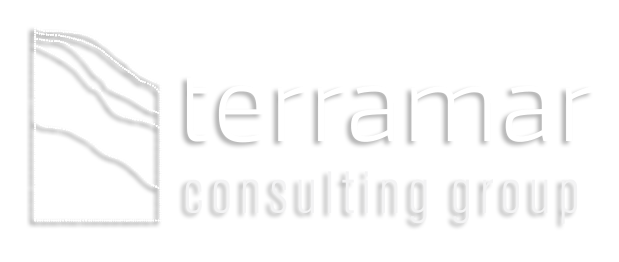Lidè
social justice; art & social change; human rights; women’s rights
PARTNERS:
Lidè; Mona Foundation
VISION:
art-based education as a path to creative self-expression, empowerment, and resilience for the young women of Haiti
MOTTI:
“Tell your story—write it, paint it, photograph it, act it!”
Photo Credits: Lidè

Why Haiti? Why Girls?
These women work hard—really hard—cooking, cleaning, raising families, washing clothes, and working the streets and markets to sell their goods day after day.

- A girl has a one in four chance of being born into poverty.
- School is not free in over 50 countries.
- 14 million girls under 18 will be married this year; 38 thousand today; 13 girls in the last 30 seconds.
- Girls with eight years of education are four times less likely to be married as children.
- A child born to a literate mother is 50% more likely to survive past the age of 5.
- Educated mothers are more than twice as likely to send their children to school.
- A girl with an extra year of education can earn 20% more as an adult.
- If India enrolled 1% more girls in secondary school, their GDP would rise by $5.5 billion.
Enter Lidè… Catalyzing Leaders in Haiti
The Power of Lidè: A Story from the Classroom
The story she goes on to tell conveys the full importance and power of Lidè in a world where far too many girls are neglected and abused—their unique power and potential lost forever.
“Today,” Kathryn says, “Jieunie joined the group for the first time. She is the height and weight of a ten-year-old, but is in fact more likely fourteen or fifteen. Kathryn tells us, “I had to estimate Jieunie’s age, not because I didn’t ask, but because she doesn’t know her age…none of the girls do.”
Kathryn goes on to describe Jieunie bright-yellow shirt, her clean white skirt, a smile so wide it seems to stretch from ear-to-ear. “A smile we sadly rarely see,” she adds.
She tells us how in the intake interview, Jieunie was asked where she lives. She didn’t know. Abel, the Lidè teacher who invited Jieunie to the program, informs Kathryn that Jieunie’s mom was 16 when she gave birth to her. About three years later, the mom left and Jieunie went to live with extended family; her father wanting nothing to do with her.
The family is large—11 people living in one shanty-like dwelling—and is a family of welders. Jieunie works hard for them—getting coal and keeping the fires burning while they work. Kathryn asked Abel if there was someone in the family who seemed to take care of her. He shook his head and said, “Not really. They feed her one meal a day and the uncle now sends her to school, but no, I have not seen love shown to her.”
 Kathryn describes Jieunie cautiously walking with the other girls but on the outer-most edge of the circle, “like furthest planet in a solar system.” After watching girls fall and be caught, one by one, Jieunie almost inaudibly calls out, “M’ ap tombe” and falls backwards into the arms of the girls who race to catch her. Kathryn tells us how Jieuni laughed and smiled when caught and then began actively encouraging the girls who had not yet had the courage to fall to take the leap of faith. In the follow-up group discussion, Jieuni shared that she felt “trust today because all of the girls treated her like a friend.”
Kathryn describes Jieunie cautiously walking with the other girls but on the outer-most edge of the circle, “like furthest planet in a solar system.” After watching girls fall and be caught, one by one, Jieunie almost inaudibly calls out, “M’ ap tombe” and falls backwards into the arms of the girls who race to catch her. Kathryn tells us how Jieuni laughed and smiled when caught and then began actively encouraging the girls who had not yet had the courage to fall to take the leap of faith. In the follow-up group discussion, Jieuni shared that she felt “trust today because all of the girls treated her like a friend.”
“So,” Kathryn says beaming, “we are here because Jieunie is here. Lidè is here because Jieunie and others like her need to know that people are here for them. They need to know they will be caught.”
For more information, click here.


